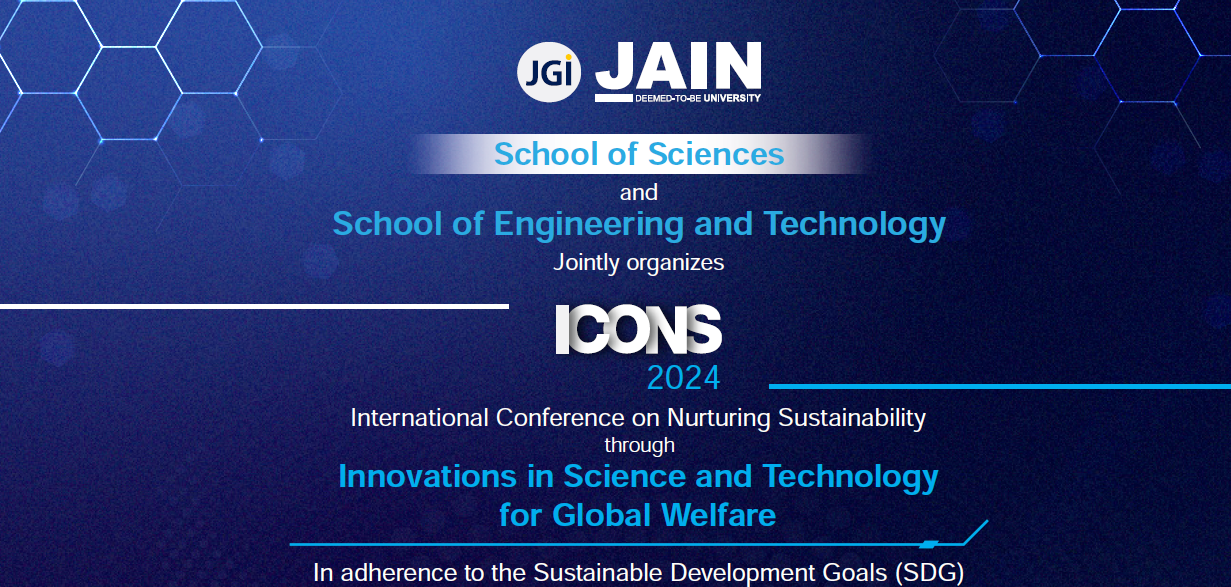Speaker
Description
In the wake of rapid technological advancements, teletherapy has emerged as a transformative approach to mental health care, offering unprecedented accessibility and flexibility. This study critically examines the comparative effectiveness, accessibility, and user satisfaction of teletherapy versus traditional offline therapy, within the context of global efforts to promote sustainable health solutions in line with the United Nations Sustainable Development Goals (SDGs).
Employing a mixed-methods design, this research engaged 200 participants who have experienced both teletherapy and offline therapy. Quantitative data were gathered through validated assessment tools to measure therapeutic outcomes, while qualitative insights were derived from interviews and focus groups, exploring the nuanced experiences and preferences of users.
The results reveal that teletherapy not only enhances accessibility, particularly for individuals in remote or underserved areas, but also aligns with sustainability objectives by minimizing logistical barriers to mental health care. However, challenges related to therapeutic rapport and engagement were noted, suggesting that teletherapy may complement rather than fully replace offline therapy.
This study underscores the potential of teletherapy as a sustainable, scalable solution to global mental health needs, while advocating for an integrated model that capitalizes on the unique strengths of both therapy modalities. The findings offer valuable insights for policymakers, practitioners, and researchers committed to advancing mental health care in an increasingly digital world.
Keywords: Teletherapy, Offline Therapy, Mental Health, Accessibility, Sustainability

